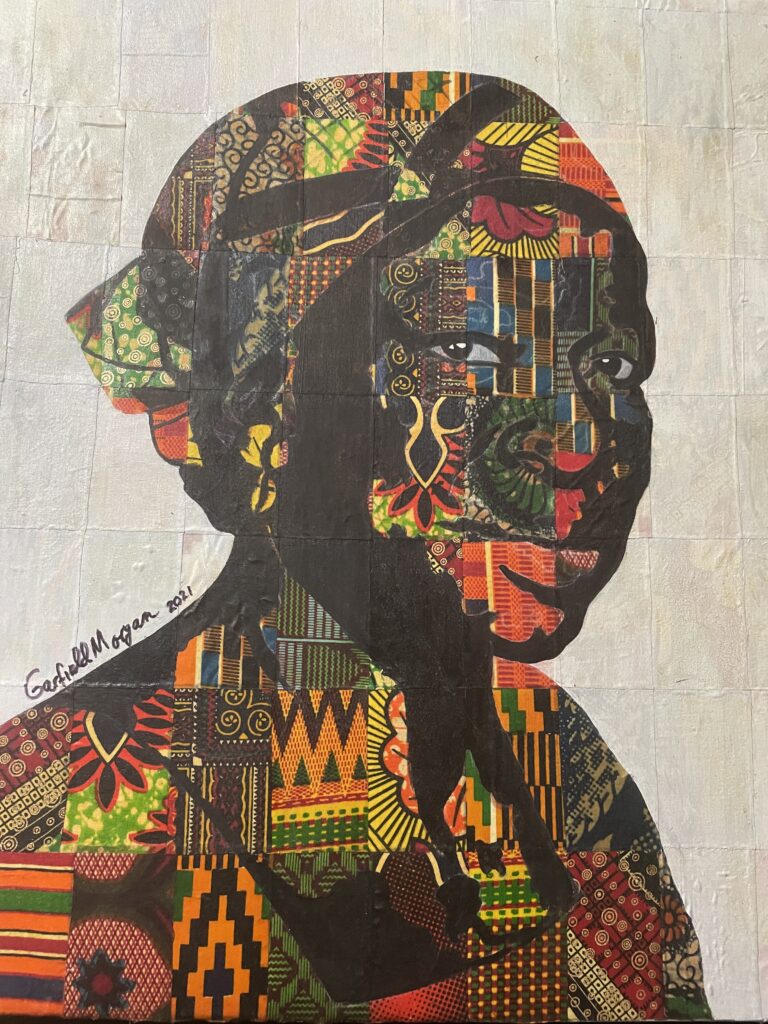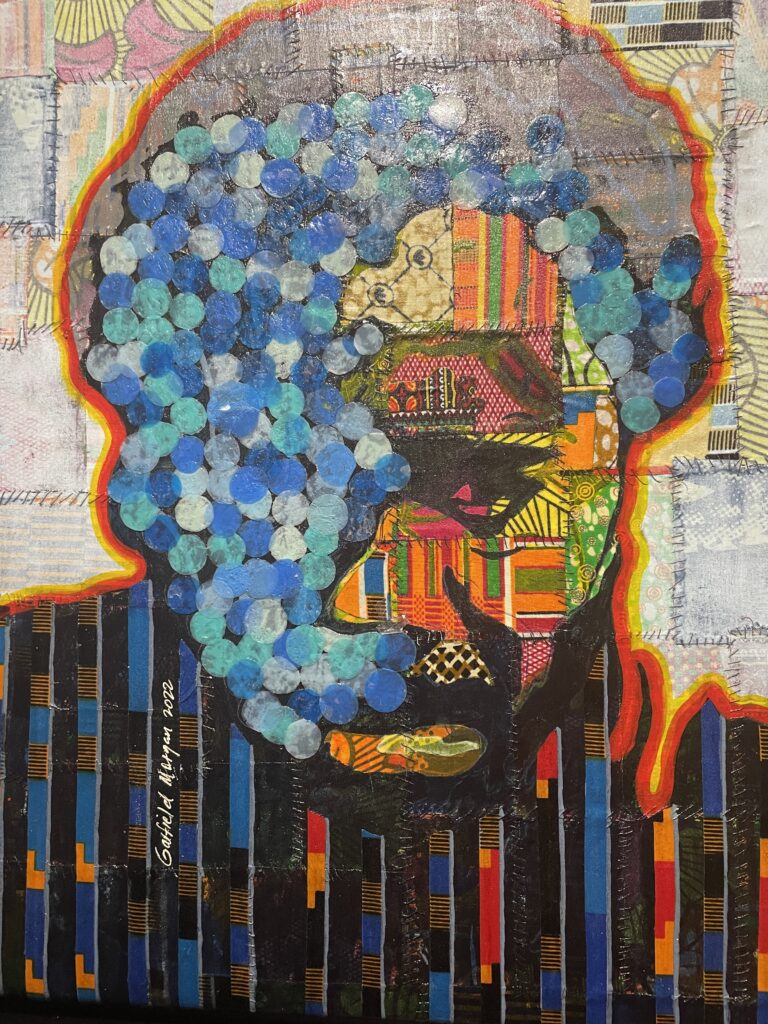Che Guevara’s prophecy of Africa come to pass

It is not a secret that both Thomas Sankara of Burkina Faso and Che Guevara of Cuba (a native of Argentina) said several times that they could be assassinated but their immortality would be assured by the ideas that they had shared. Sankara said “if you kill Sankara today, in the coming days you will have millions of Sankaras”. Guevara is known to have uttered, “if I am killed, they would have killed just a human being, but my ideas and ideals will remain and continue to affect the world youth and world politics”. No wonder Sankara was referred to as the Che Guevara of Africa.
In Cuba, Che Guevara’s prediction came to pass when his ideas remained implanted on the island after his death, even until today. At his funeral, his comrade in arms, Fidel Castro, said “our dearest wish for our children or younger generations is that they emulate Che”. This South American freedom fighter became a world icon after he was gunned down by the US imperialists, the CIA precisely, through the Green Berets, a unit whose mission was to defeat guerilla warfare the main “face” of which was Che. Castro stayed in power in Havana and Che embarked on his propagation of the revolution in the world (Africa, other countries in South America like Bolivia where he met his demise, heroically). Che is a little bit like Bob Marley of Jamaica. The more their native lands celebrate and try to appropriate them, the more they escape their countries and become world figures. Today, no space or object escapes that celebration fury of Che: from well-researched academic documents to streets, T-shirts, and cigarette lighters, Che’s name and effigy is present.

In the same vein, the current political scene in Burkina is the confirmation of Thomas Sankara’s visionary statement. The September 30 coup brought to power a captain who has a lot of striking similarities to Thomas Sankara and, the new junta leader captain Traoré and the prime minister, Lawyer Joachim Kyelem de Tambela, openly stated that the only path to get Burkina Faso out of the quagmire of economic chaos and Jihadist insecurity is Sankara’s ideas and vision.
It might help to point out that Sankara’s anti-France sentiments have never been hidden. The Burkinabè TV programme Intégrité 226 featured, some months ago, a conversation between Rasmané Kientega, a young leader of the main Burkinabè trade union, the General Confederation of Burkinabè Workers (CGT-B) and the French ambassador to Burkina, Luc Hallade in 2019. The young, eloquent, brave and intelligent interlocutor simply revealed to the ambassador how unhelpful his country had been to Burkina Faso.
That debate is amazing for several reasons: the French ambassador started by saying, “the Burkina Faso army is in a phase of reconstruction and, as such, it takes about 10 years for such an army to regain stability”. The diplomat was certainly referring to the Jihadist attacks that have been more than a nightmare for Burkina and other countries in the subregion. As Thomas Sankara would have done, the young trade unionist simply “shut” the French ambassador down with these words: “You are saying that our army is going through a reconstruction, and our army became a national army in 1960, when we became “independent”. If such an old army, whose senior officers trained in France – more than the majority – and who is always “supported by military instructors from France is still in a period of reconstruction. That could mean two things. Either you, France and her army is a bad instructor and teacher, or the student, the Burkinabè military trainees are bad students. But the answer is simple, since no government in Burkina has ever said that the national army is incompetent and in reconstruction”. What the young man meant is that the ambassador spoke like a colonial master who throws the blame at the colonized. Hallade certainly thought that he was on a TV set with colonized Upper Volta people. His argument was destroyed, and he remained speechless throughout the whole programme.
This Intégrité 226 programme, the attack against French public institutions just after the September 30 coup, confirms that Sankarism is back in Burkina Faso. The TV programme and its background were incredible. While the young trade unionist “silenced” the French ambassador, a portrait of Sankara, in a calm, pensive, emotional, happy mood hung in an upper right corner, like an angel, looking at terrestrial events. Sankara seemed to be saying “yes, the time has come, my young disciples have started work, with the intellectual skills and lessons I left them with”.
It might help to recall that between 1983 and 1987, France lost her grip over Burkina Faso. It all started with the change of name, from the neocolonial French name Haute Volta (Upper Volta) to the endogenous name Burkina Faso, a combination of two terms from two of the main languages spoken in the country (Mossi and Dioula / Jula) and which mean the country of the incorruptible (or upright) person. The current regime in power claims to be that of the youth, much like the youngsters of the 1960s and 70s Upper Volta, who had thorough knowledge of political issues, had a sizeable political consciousness. The TV programme, to which I referred earlier, was really one-sided and taught the French ambassador a lesson which is the kind of stance that Sankara adopted, almost on a daily basis. For instance, when former French president, François Mitterrand, visited Burkina Faso in November 1986, he was stunned by a couple of things. Burkina Faso was no longer part of “France’s backyard”, and Sankara was not the type of leader who bowed to France. The man and his country had changed.
Alexandra Reza in Short Cuts (December 2014) captures that new dynamic between Burkina Faso and France in the following scene which vividly portrays the interaction between Mitterand and Sankara at a formal dinner during the 1986 visit. “At the dinner with Mitterrand, Thomas Sankara is dressed in a royal blue captain’s jacket with gold braid at the cuffs and the neck. He speaks without notes, his hands clasped behind his back. Mitterrand, by contrast, is drab and impassive in an ashen suit and tie. He looks straight ahead. Sankara berates the brazen insouciance of the French, who have no qualms about receiving visits from White supremacists and their allies, ‘And so it is in this context, Monsieur François Mitterrand, that we have not understood how bandits such as Jonas Savimbi (the then Commander of Mozambican rebellion), killers like Pieter Botha (president of South Africa during apartheid) have had the right to rove across France …. They have stained it with their hands and with their feet, which are covered in blood. And all those who have allowed them to act as they have will carry the full responsibility, here and elsewhere, today and forever’. The film cuts to Mitterrand, who has risen to respond. If he may be permitted to speak from the heights of his experience, he says, Sankara talks with the fine bravery of youth, but his tongue is too sharp and he goes too far. François places an avuncular hand on Thomas’ shoulder. Sankara laughs but doesn’t look up”.
Less than a year later, in October 1987, Thomas Sankara was shot dead in his office along with 12 of his aides during a coup led by his former friend Blaise Compaoré and backed by France. But daily occurrences in today’s Burkina, obviously point to one thing: the truth of Thomas Sankara’s prediction of his “immortality”.
Moussa Traoré is Associate Professor at the Department of English of the University of Cape Coast, Ghana.







Thomas Sankara was indisputably one of the most selfless military leaders in the world,Africa and West Africa in particular. Captain Thomas Sankara epitomises the meaning of Burkina Faso( incorruptible or upright people). Without shadow of doubt, Captain Thomas Sankara was a selfless and passionate military leader. He is noted to have said,’A civilian is a soldier without a uniform and a soldier is a civilian without a uniform “.His ideas and vision about Burkina Faso and Africa Unity is one too many. He left his indelible footprints on the sand of time as a mortal and he has been immortalized by the footprints he left on the sands of time by the citizens of his dear country Burkina Faso, Africa and the world in general. His forthrightness and dedication to Burkina Faso is unmatched and remarkable. Captain Traore promises to be like Captain Thomas Sankara.We pray he ‘Captains’ well… Thomas Sankara, Che Guevara, Haile Selassie, Jomo Kenyatta were leaders who lived by their words and died by their words. Leaders must lead rightly.
This is a good enlightenment on the history and politics and the futurity of Burkina Faso.
I enjoyed reading this writeup!
Hmmmm! So at the end Sankara was betrayed by his former friend who couldn’t burry his ideas but his mortal being. There is an adage in the Akan language which goes’ tekyerema mpor)’ meaning the body of a man will rot except the tongue.